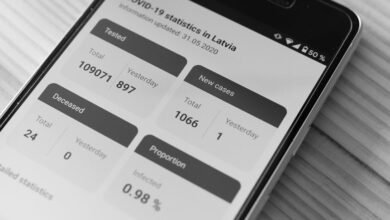Fraud Hotline Risk Management Bureau 3209463172 3299493984 3452292870 3533708897 3273091001 3311535134

The Fraud Hotline Risk Management Bureau, accessible via multiple contact numbers, serves as a critical tool for organizations. It allows employees to report unethical behavior anonymously, promoting a safe environment for whistleblowing. This mechanism not only aids in fraud detection but also encourages a culture of accountability. Understanding the implications of such hotlines is essential for fostering integrity within organizations. What are the broader impacts of these systems on corporate ethics and trust?
Understanding the Role of Fraud Hotlines
Although organizations may implement various measures to combat fraud, the establishment of fraud hotlines plays a crucial role in fostering a culture of transparency and accountability.
These reporting mechanisms enhance fraud detection by providing a confidential avenue for employees to report suspicious activities.
Benefits of Anonymity in Reporting
Why is anonymity a critical component in the effectiveness of fraud hotlines?
Anonymity protection fosters an environment where individuals feel secure to report unethical behavior without fear of retaliation.
This safeguard enhances whistleblower confidence, encouraging more people to come forward with vital information.
Ultimately, the assurance of anonymity strengthens the integrity of the reporting process and supports organizational accountability.
How to Effectively Use Fraud Hotlines
Effective utilization of fraud hotlines requires a strategic approach that ensures clarity and accessibility for potential whistleblowers.
Organizations must implement robust reporting mechanisms, allowing for straightforward fraud detection. Clear guidelines on how to report and the types of issues to address enhance the effectiveness of these hotlines.
Additionally, training employees on the process fosters a proactive environment for reporting potential fraud.
Building a Culture of Integrity in Organizations
While many organizations implement policies to combat fraud, the effectiveness of these measures largely hinges on cultivating a culture of integrity.
This involves providing integrity training and promoting ethical leadership throughout the organization.
Conclusion
In conclusion, the Fraud Hotline Risk Management Bureau serves as a crucial tool in enhancing organizational accountability. Notably, organizations with effective whistleblower programs see a 50% decrease in fraud losses compared to those without such mechanisms. This statistic underscores the importance of fostering a secure environment for reporting unethical behavior. By promoting transparency and integrity, organizations not only protect their assets but also cultivate a culture that values ethical conduct and trust among employees.





